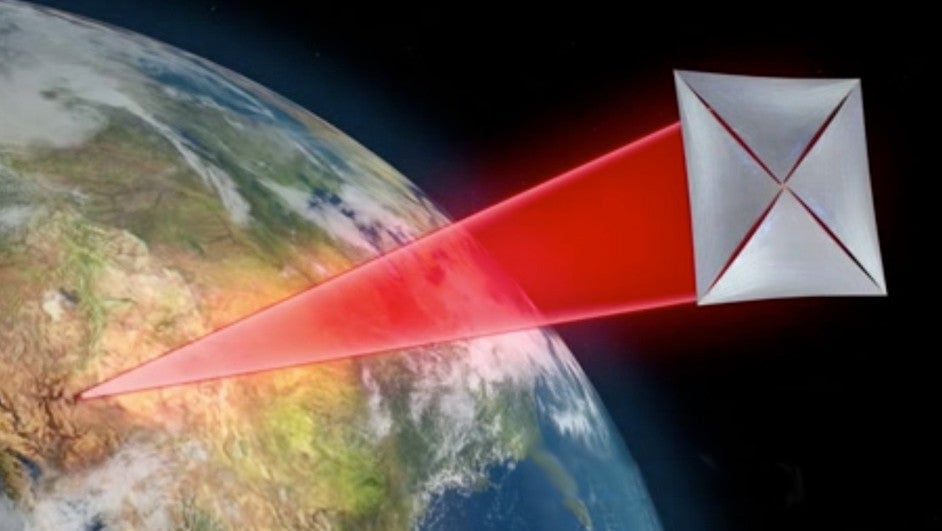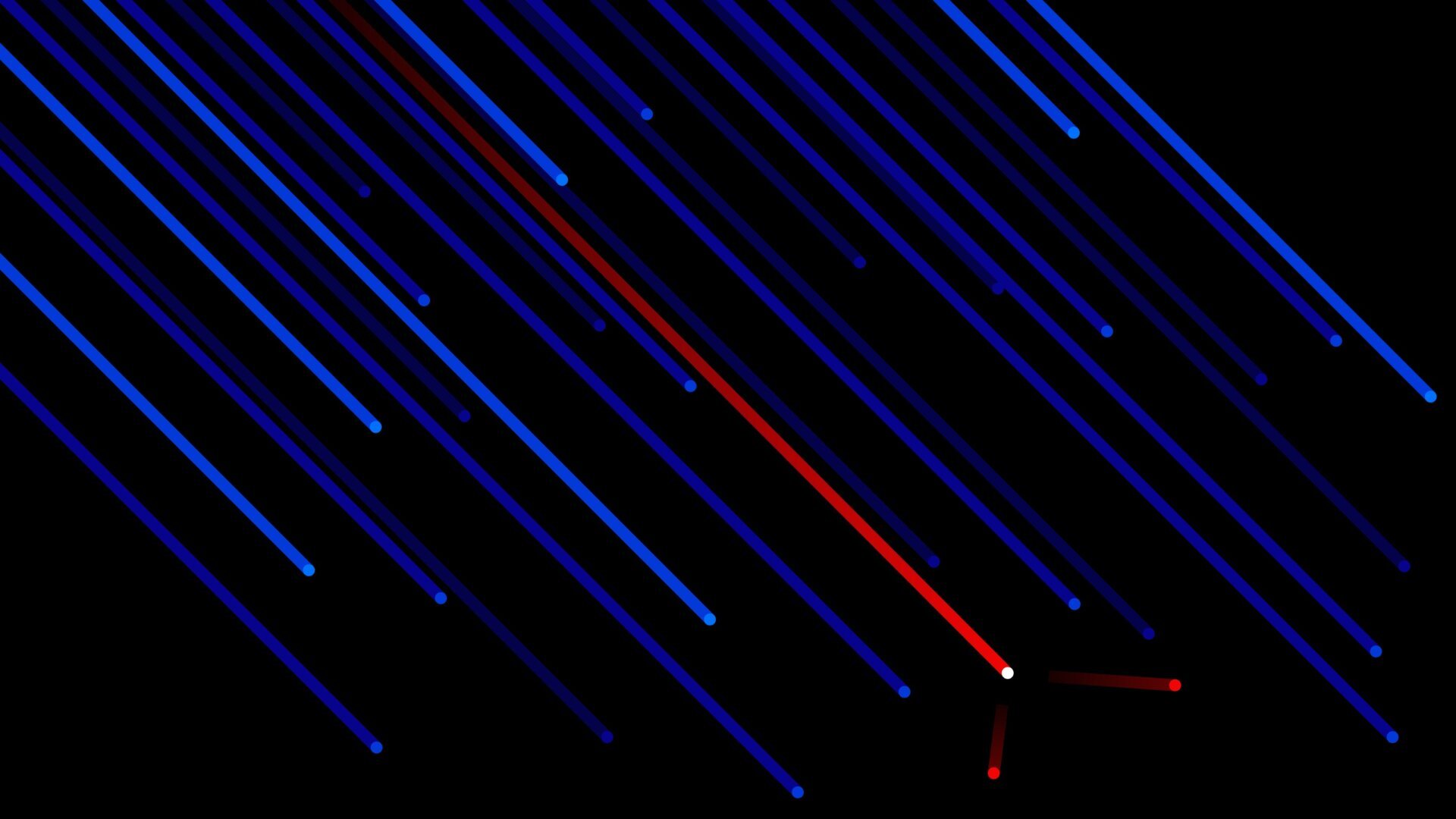Stephen Wolfram, the renowned computer scientist, physicist, and CEO of Wolfram Research (the company behind Wolfram Alpha and Mathematica), recently generated significant buzz with the launch of the Wolfram Physics Project. In his announcement, Wolfram boldly claimed to have “found a path to the fundamental theory of physics,” asserting that he and his team have “built a paradigm and framework” and now require assistance with the extensive computations needed to validate their theory. However, this ambitious project has been met with skepticism within the scientific community, raising concerns about bypassing established scientific processes.
Wolfram, who holds a PhD in particle physics from Caltech, has a long-standing fascination with cellular automata – systems of discrete units that evolve according to predetermined rules. His 2002 book, A New Kind of Science, explored the potential of cellular automata to explain complex phenomena. The Wolfram Physics Project builds upon this foundation, proposing that the fundamental laws of physics emerge from simpler, underlying rules, similar to the complex patterns arising from basic cellular automata. Essentially, the theory suggests the universe operates on a core set of rules, akin to a computer program.
The Wolfram Physics Project team is actively developing and testing their theory, publishing their work open-source and inviting external collaboration. They encourage academics to verify calculations, run simulations, and explore how the framework might explain phenomena within their respective disciplines. Physicists are specifically challenged to derive testable predictions from the framework. A comprehensive 448-page white paper detailing the project is available online.
Despite the project’s ambitious scope and open-source nature, many physicists remain unconvinced. Critics argue that Wolfram’s approach circumvents the crucial peer-review process, a cornerstone of scientific validation. Physicist Chanda Prescod-Weinstein publicly criticized Wolfram for disregarding community standards, while Caltech physicist Sean Carroll cautioned against premature enthusiasm, emphasizing the collaborative and iterative nature of scientific progress.
These criticisms echo concerns raised about Wolfram’s earlier work. His self-publishing practices and direct promotion to a broad audience without formal peer review contribute to the skepticism within the scientific community.
While the possibility of Wolfram’s theory holding some truth cannot be entirely dismissed, it currently remains one among many proposed theories of the universe. Rigorous scrutiny by external experts is essential to identify potential flaws and assess its validity. Furthermore, any viable theory should offer new, testable predictions. Although the project’s Q+A section mentions testable predictions, Wolfram’s assertion that his framework cannot be definitively falsified through experimentation raises further concerns.
Wolfram’s approach highlights the disparities in how scientific ideas are received and promoted. His wealth and established platform allow him to bypass conventional channels and generate significant media attention. This contrasts sharply with the challenges faced by underrepresented researchers, whose innovative contributions often receive less recognition and support.
Moreover, the project perpetuates the romanticized notion of scientific breakthroughs originating solely from individual geniuses. Scientific progress is inherently collaborative, building upon previous research and requiring rigorous testing and validation by the wider community. Even if Wolfram’s theory proves correct, it will be the result of collective effort, not solely his own.
Ultimately, the validity of Wolfram’s theory will be determined through rigorous scientific evaluation, not by the fame or wealth of its proponent. While the project warrants investigation, skepticism and adherence to established scientific processes remain crucial.
The universe operates according to its own principles, and whether we unravel its mysteries remains uncertain. Wolfram’s proposal represents just one attempt to explain these principles, distinguished primarily by the resources he can dedicate to its exploration. However, it is rigorous peer review, not wealth or influence, that ultimately determines the scientific merit of any theory. When a scientific claim is promoted before undergoing this critical evaluation, it warrants careful scrutiny.











